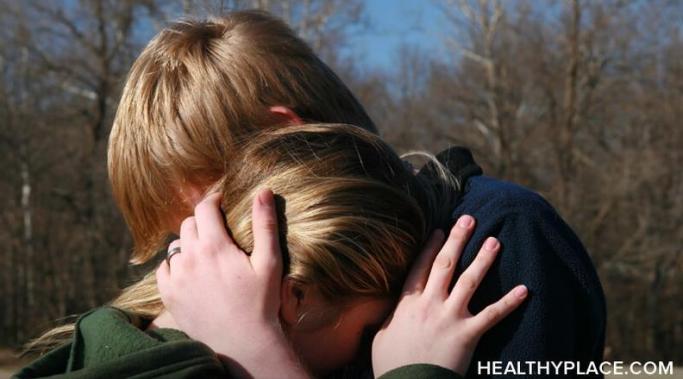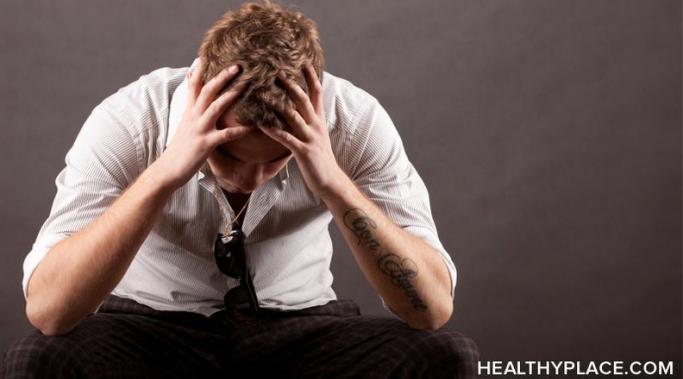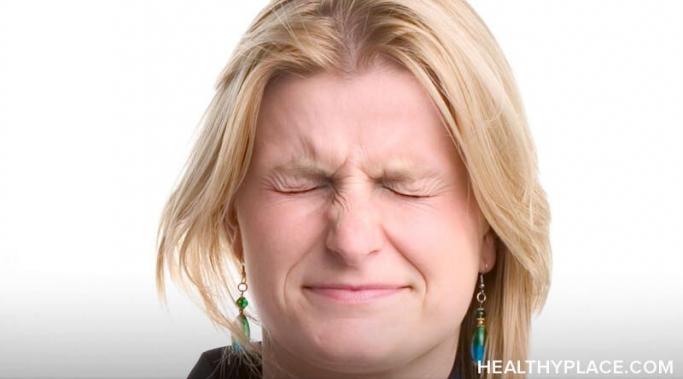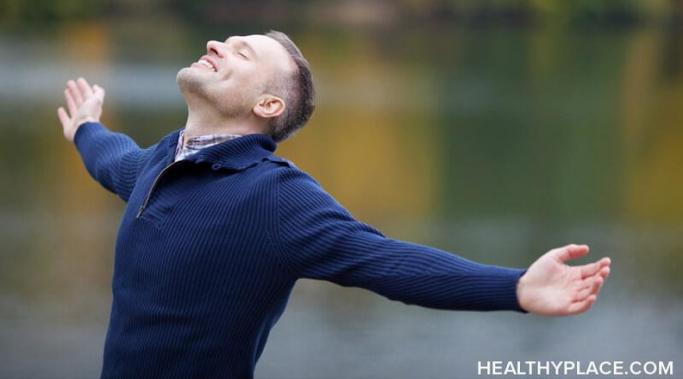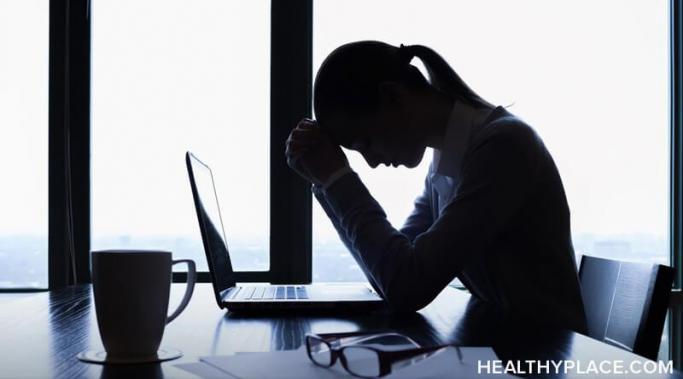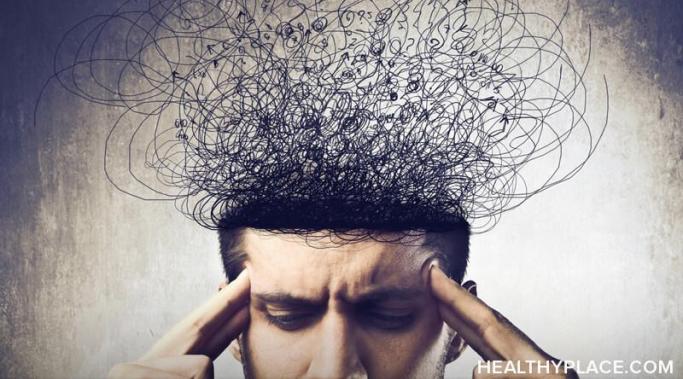These five tips to reduce anxiety work because when you use them, you don't struggle against the anxiety. When you want to reduce anxiety, sometimes you have to let yourself be anxious. This may seem horrifying, but it works. When you stop fighting anxiety, you free yourself to shift your attention away from anxiety and onto other things. Letting yourself be anxious, though, doesn't mean letting anxiety run rampant, unchecked, through your mind and body. There are structured ways to allow anxiety to exist while you move forward. Use the following five tips to reduce anxiety by letting yourself be anxious.
Anxiety-Schmanxiety
I’ve consigned myself to the fact that my anxiety will never go away. Part of it may be due to genetics –- another part may be due to how my brain is wired -– but another part, and one that we need to talk about more often, is that American society itself creates anxiety symptoms.
To get rid of anxiety, give yourself permission to be anxious. It seems counterintuitive, but it's surprisingly effective. It's understandable if this notion seems ridiculous and even anxiety-provoking. This is a logical response. Anxiety, though, is illogical, and sometimes we need to approach it in seemingly illogical, unconventional ways in order to free ourselves from it. Bear with me on this. Read on to discover why giving yourself permission to be anxious helps you get rid of anxiety.
Anxiety can make going to school or work a challenge that seems insurmountable. Anxiety has a way of ruining your school or work day before it starts. From the moment you awaken--assuming, that is, that anxiety let you sleep--anxiety creates problems. Worries and imagined scenarios usurp all thoughts and can even make you feel physically ill. It makes sense to want to stay in bed rather than face another awful day at school and work, but going where you need to go doesn't have to be a problem with these four strategies.
Accepting my functional limitations of anxiety is challenging. In a previous post, I challenged readers to participate in a simple exercise: if someone tells you they have anxiety, imagine they’ve lost a leg. I introduced this scenario specifically for the benefit of those without anxiety – if they can frame mental health issues in terms of physical ailments, then perhaps they can learn to become more empathetic to the mentally ill. I want to reintroduce that exercise, but this time direct it towards people with anxiety, as I think it can be useful in dealing with a serious problem: accepting your functional limitations with anxiety.
What is anxiety? Odd as it may seem, that is a common, and quite legitimate, question. People who live with anxiety typically understand that they are experiencing it. Anxiety feels stressful, crushing, stifling, shocking, painful, and incredibly difficult. People typically know when anxiety is interfering in their lives. But what, exactly, is anxiety? How is it experienced? Is anxiety a thought? Is it an emotion? Is it a behavior? The more you know what anxiety is and about your own unique experience with it, the better equipped you'll be to use the right strategies to move past it.
I try to visit my childhood home, my peaceful sanctuary, at least once every few weeks. I’ve fallen behind on those visits recently, due to working through the logistics of my anxiety-provoking move. With the move out of the way, last weekend I was able to visit my peaceful sanctuary for the first time in nearly two months.
It seems that being anxious is the new normal. Statistics compiled by organizations like Child Mind Institute and the National Institute of Mental Health illuminate how extensive the anxiety problem is: In the US alone, tens of millions of children, teens, and adults experience an anxiety disorder. That doesn't even include the staggering number of people who struggle with anxiety but don't have a diagnosable anxiety disorder. Life is stressful, busy, and often filled with negativity. It is now "normal" to be anxious. But you don't have to accept this. It's possible to take back your real normal.
Cats help mental health. Not just my mental health (I deal with anxiety), but cats can help anyone's mental health.
Treating the pain of anxiety and headaches is increasingly possible now that medical and mental health professionals are beginning to understand the very real connection between anxiety and headaches. In the past, doctors treated anxiety and headaches as two separate conditions. People who lived with both of these uncomfortable illnesses often failed to get true relief. Now that people are beginning to uncover the connection between the two, treating the pain of anxiety and headaches is possible. You can improve not just anxiety and headaches but the overall quality of your life.

